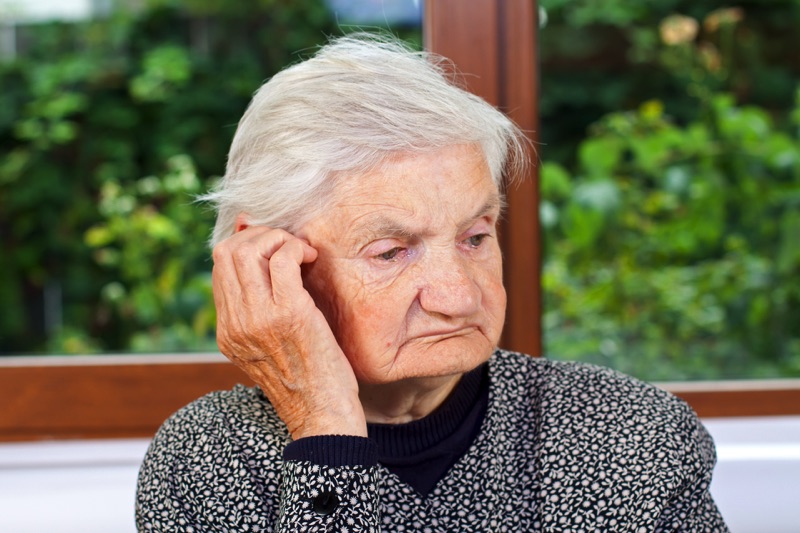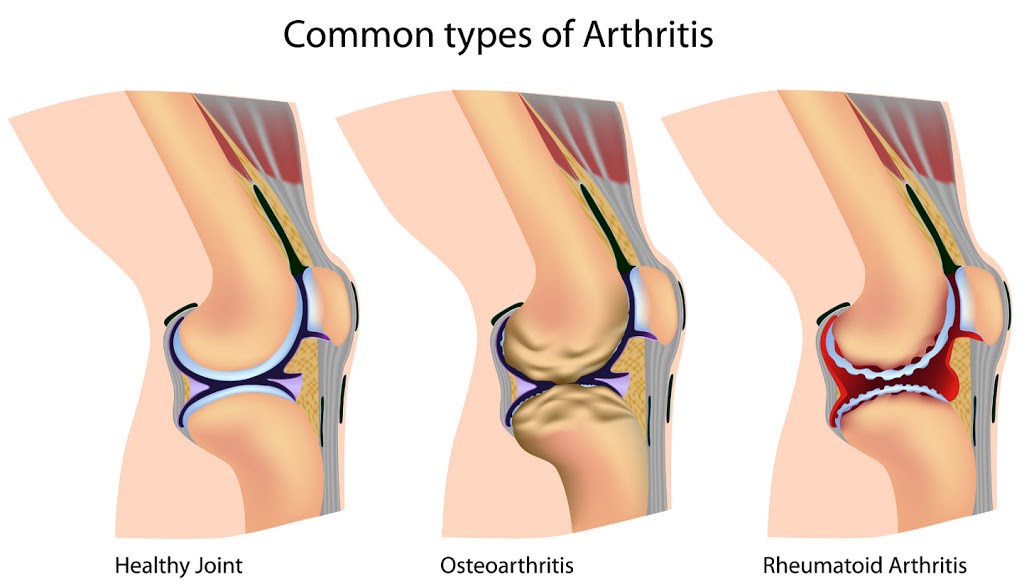For people across the globe, depression can be a difficult subject to discuss. It is also a difficult reality to accept. People who struggle with depression can often be misunderstood. Depression can go unseen and therefore, undiagnosed.
“Depression in elderly people often goes untreated because many people think that depression is a normal part of aging and a natural reaction to chronic illness, loss and social transition”. (Ken Duckworth, 2009)
So what is depression? Many understand that depression is a feeling of being unhappy. However, depression is much more complex. It is a disorder with many layers that go much deeper than an absence of happiness.
Depressive disorder is a combination of mood, life stress and the activity of the brain itself on a chemical level.
While depression can affect a very broad base of the population, one particular group in society is more often affected. Seniors are faced with many hardships that come with age. Because of the challenges they face in life, depression can be a greater reality for them.
When faced with the loss of a loved one, we need to take the time to grieve. Time heals our wounds. We surround ourselves with family and friends to help us move forward and take control of life again. This is part of our road to recovery. This is how we heal. As a senior citizen, the road to recovery is different in comparison. The elderly may not have all the friends and family around to help heal the opened wounds. They may not have the everyday distractions that others have. They can sometimes lose a number of friends and loved ones in a short period of time, making healing that much more difficult. The loss of a lifelong partner can leave them with an empty hole in their life which follows them throughout their days. The loneliness and sense of loss can become overwhelming for some. Often, their emotional wounds are left open, with no one around to see the pain.
“Elderly people do face noteworthy challenges to their connections through loss and also face medical vulnerability and mortality.” (Ken Duckworth, 2009)
They battle daily with illness and pain and some have no one there to share their sufferings with. The person can feel isolated, as a prisoner in their own home. Pain, illness and a variety of medications can limit the amount of socialization they are capable of being involved in affecting friendships, as well as the affect it can have on their mood on a daily bases.
As a society, we give off the impression that the voice of an elderly person is too faint and too far off in the distance. We cannot hear them. Society is busy racing through life and colliding into each other at such a speed that the older population fades into the background leaving them feeling unheard and ultimately, alone. But we forget, these people have ran the race we are currently in. These people have lived the life we aspire for. These people have experienced all the falls we’ve had and all the falls that await us in our future. The senior population is living under society’s shadow, when in fact they are who we should look to for the answers. They have finished the race. And they have won.
Works Cited
Ken Duckworth, M. (2009, October). Depression in Older Persons Fact Sheet. Retrieved 2013, from National Alliance on Mental Health: http://www.nami.org/Template.cfm?Section=By_Illness&template=/ContentManagement/ContentDisplay.cfm&ContentID=7515












